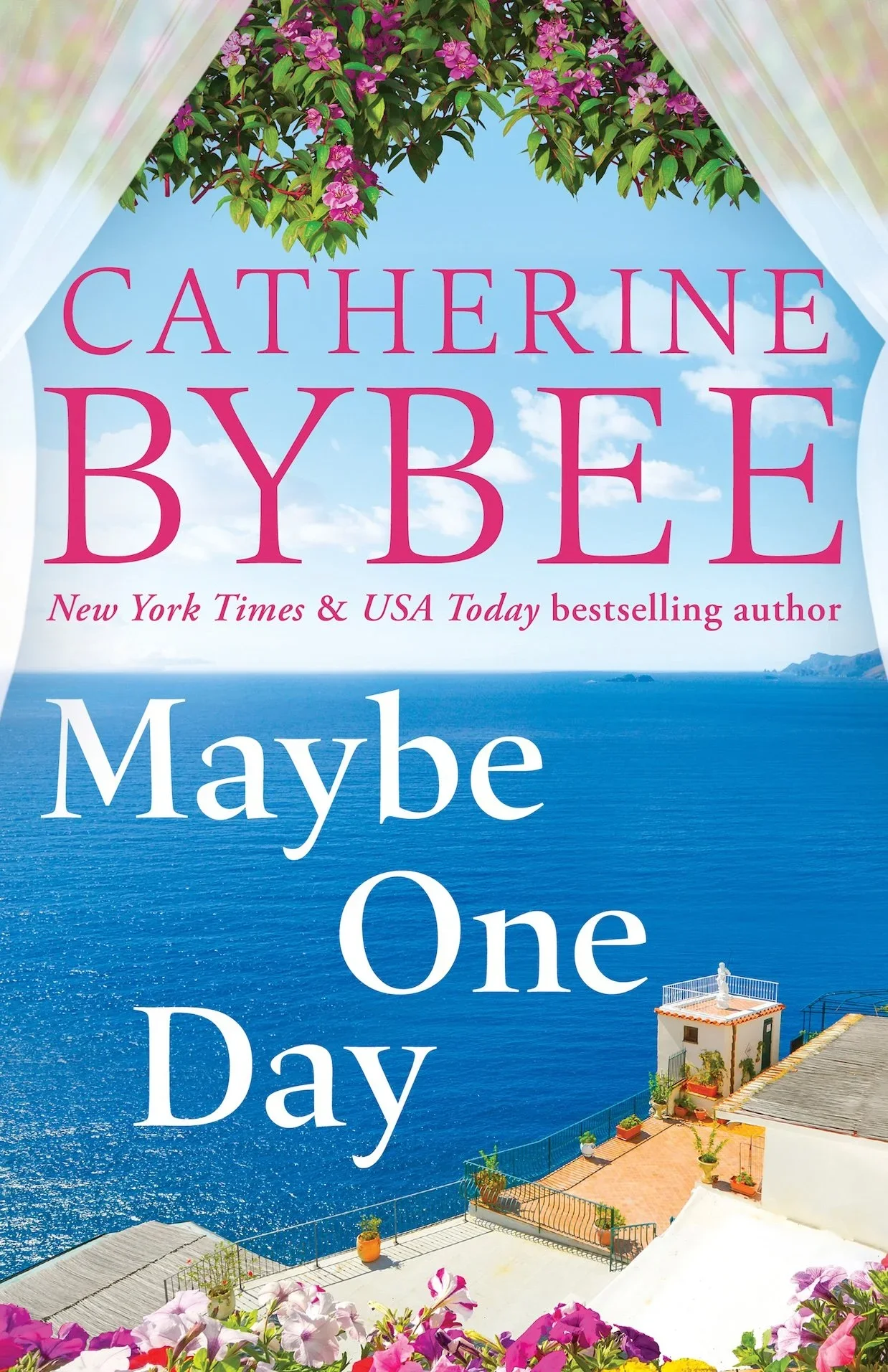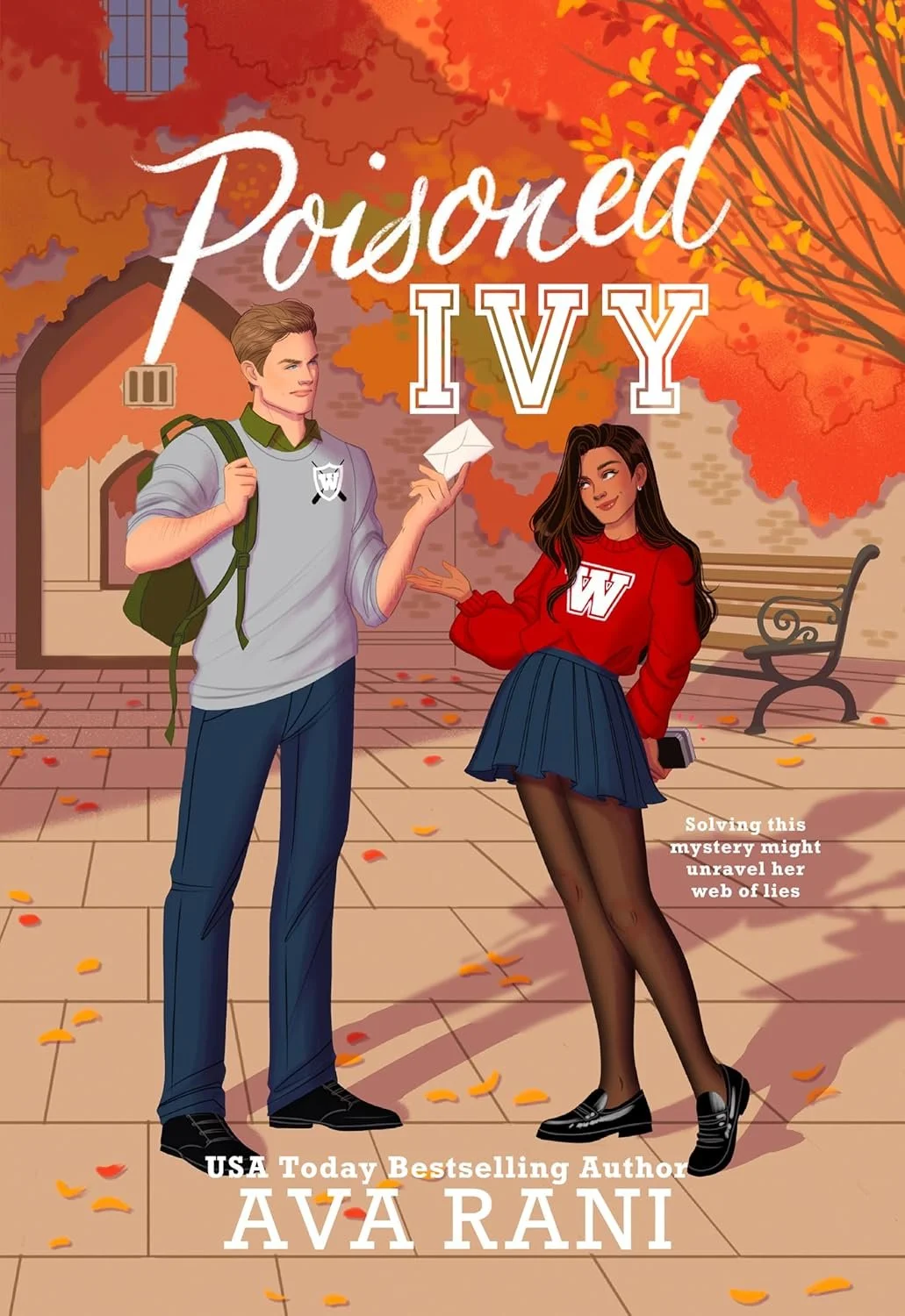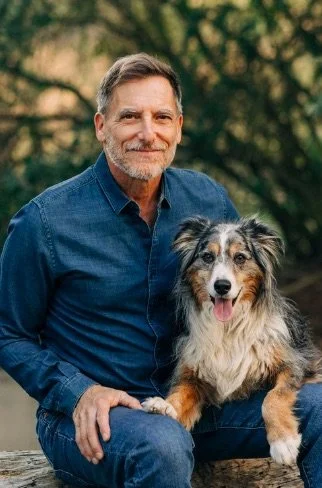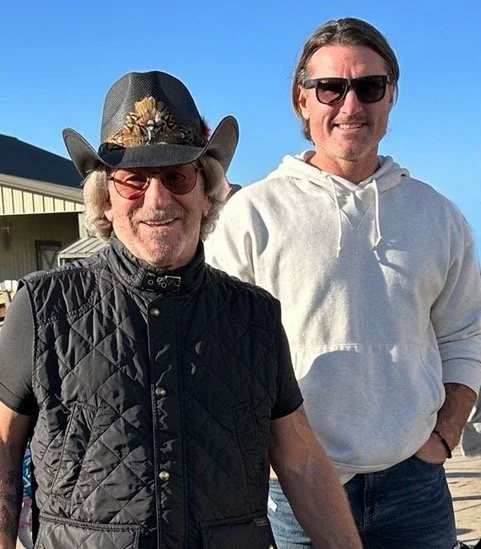Politics in Fiction by Christopher David Rosales
/When I consider whether or not to include politics in fiction, I think of two things. One, I’m reminded of when an instructor of mine once said, “If we’re not here to judge, what are we here to do?” In other words, how can we shape the world before we make the judgments that shape ourselves? Still, I believe that a writer is tasked with the skill of marrying oneself to multiple and conflicting ideas, emotions, and motivations. A writer is tasked to see all sides. A writer is tasked to be an actor, but this actor must play every role on the stage. That’s good training for life, for empathy, and it’s good training for judicious criticism, discernment, and discretion.
To say that my first novel is not political would be to tell a lie. In Silence the Bird, Silence the Keeper, an American family is faced with an America in which the threat of harm is so unbearable they decide to emmigrate illegally out of the United States. When an area is bad, we don’t want to be there, we don’t want our family there, and I don’t understand what about that instinct is inhuman or irresponsible. At the time I was writing Silence the Bird, Silence the Keeper, I was reading about the rapes and murders in Juarez, the shootings and hangings in Tijuana, and the desaparecidos in South America. I was watching films about Latin America like Sin Nombre and Manda Bala. I couldn’t help but think about violence and corruption here, in the states, which has always been something I’ve been fascinated with particularly because I grew up in L.A. in the 90s. Because of violence and corruption, there are microcosmic instances of migration here. I saw it in the neighborhood of Compton as that demographic changed before and after the gang-wars.
Secondly, because of the setting being so close to Southern California, I knew that I’d be interacting particularly with a Latin/o American dynamic. That’s the culture I grew up around. That’s the origin of most immigrants I knew. So, while I made a strong effort to keep race and ethnicity nebulous in the book, because I don’t see poverty and immigration as an easily reducible issue, the setting naturally dictated communication with Latin American culture. This meant, to me, harkening back to what I remember about my youth. A strong communal oral tradition and a penchant for playful chisme (gossip), certain interest in superstition and the magic of prayer, and a literary tradition of the (talk about genre bending) magical realists, Rulfo, Marquez, etc. I wanted to bring the American exoticisation of those Latin American settings home to L.A. to show it was once a colony. It’s as rich a setting as any for the kind of intrigue, romance, and tragedy the novel explores.
Should I put politics in my fiction? Sometimes no, but sometimes yes.
I’m compelled to examine certain questions that I believe I, specifically, ethically and morally, cannot avoid. Sometimes those questions are political. Others can have other questions. For this novel, these questions are mine. These kinds of determinations are part of one’s voice. One of my writing instructors once said, “Write toward your weirdness.” My work is not a filter of me the way a microphone is a filter, filtering what goes in. That’s impossible. I watch, read, listen and talk about everything I get my hands, eyes, ears and language on. My work is more a filter of me the way a gold-pan is a filter, revealing what I think most needs appraisal.
Christopher David Rosales' first novel, Silence the Bird, Silence the Keeper (Mixer Publishing, 2015) won the McNamara Creative Arts Grant. Previously he won the Center of the American West's award for fiction three years in a row. He is a PhD candidate at University of Denver and has taught university level creative writing for 10 years.. Rosales' second novel, Gods on the Lam releases in June, 2017 from Perpetual Motion Machine Publishing and Word is Bone, his third novel, is forthcoming 2018 from Broken River Books.




















































